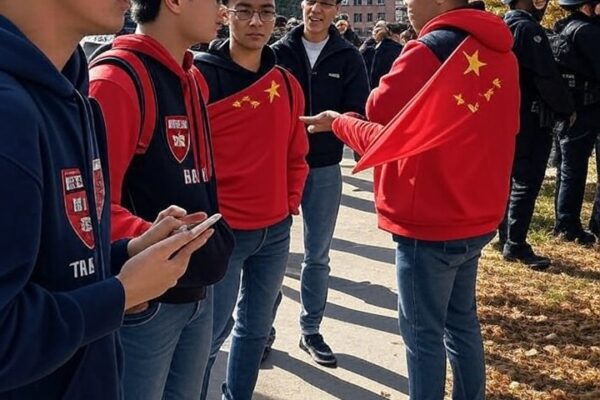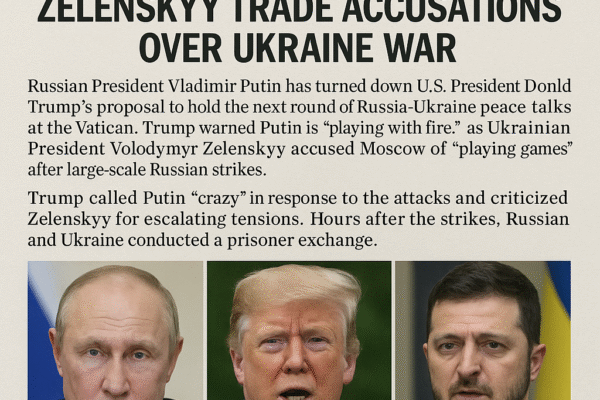Read RFA coverage of this topic in Burmese. Myanmar’s junta chief said the military would increase the defense budget, while seeking to expand his international presence with a reported plan to join a regional summit in Thailand next month. Senior Gen. Min Aung Hlaing announced on Monday that the junta would increase the budget for its defense ministry to “enhance the strength and capacity of defense forces” as well as to “maintain peace and stability.” He did not provide specific figures. Since the 2021 coup, the junta has tripled its defense budget from 1.746 trillion kyats to 5.635 trillion kyats (US$2.68 billion) by 2023, according to media reports, accounting for about a quarter of the government’s total spending. The military has also invested over US$1 billion in weapons, primarily from Russia, China, Singapore, India and Thailand. Despite bolstering its capabilities, the junta faces intense international criticism for human rights violations, including indiscriminate attacks and mass detentions, leading to accusations of war crimes and increasing global isolation. Min Aung Hlaing has been also sanctioned by multiple countries, including the United States, Canada, the United Kingdom, and the European Union’s 27 member states. These sanctions include asset freezes, travel bans, and prohibitions on transactions, aimed at holding him accountable for human rights violations and the military’s seizure of power. However, Min Aung Hlaing appears to be attempting to reshape his international standing, as media reports indicate that he plans to participate in a regional summit in Bangkok next week – marking his first visit to Thailand. According to Thai media outlet ThaiPBS on Monday, Min Aung Hlaing is scheduled to visit Bangkok from April 3 to 4 to attend the Bay of Bengal Initiative for Multi-Sectoral Technical and Economic Cooperation, or BIMSTEC, summit. The summit is expected to be attended by heads of state from member countries, including Indian Prime Minister Narendra Modi. BIMSTEC is a regional cooperation organization established in 1997, comprising seven countries bordering the Bay of Bengal: India, Thailand, Myanmar, Bangladesh, Sri Lanka, Nepal, and Bhutan. Min Aung Hlaing also recently visited Russia and Belarus, where he held meetings with Russian President Vladimir Putin and Belarusian President Alexander Lukashenko. Separately, he attended the Mekong River Basin Summit held in Kunming, Yunnan Province, China, in November – marking his first visit to China since the coup. RELATED STORIES Myanmar’s junta launches offensives on rebel strongholds in Mandalay region Junta offensives leave 4 dead, thousands displaced in northwest Myanmar Junta airstrike hits a clinic in central Myanmar, killing 11, including children Assaults in northern Myanmar As the junta leader looks abroad for support for his unelected government and approval for elections he plans to hold by January, his military’s attacks on pro-democracy forces and ethnic armies fighting for autonomy continue in an indiscriminate and brutal fashion. A resident from Mandalay’s Natogyi township said that junta forces bombed two villages around 1 a.m. on Sunday morning, injuring two women and six men, including a 13-year-old child. Insurgent groups, which retain control over much of the township, have seen a resurgence in junta offensives, following a series of failed ceasefires between the junta and rebel militias in the country’s north. “They were all just civilians, Although most were people avoiding conflict, there were those who couldn’t avoid it and were stuck in Let Wea and Myinni villages,” said the resident, who declined to be named over security concerns. “When the bomb fell, they ran but they didn’t get away.” Airstrikes on Myinni and Let Wea villages in Natogyi township in Mandalay region burned down more than 10 houses on March 23, 2025.(Natogyi Journal) A 65-year-old man was severely injured, and over 10 houses were destroyed by the blast, he added. Most residents from the two villages were sheltering in nearby mountains, but about a third had chosen to remain in their homes, residents said. Junta spokesperson Maj. Gen. Zaw Min Htun has declined to comment. According to data compiled by RFA, 3,554 people have been killed by junta-led attacks since the coup began in February 2021, and another 7,064 have been injured. Translated by Kiana Duncan. Edited by Taejun Kang and Mike Firn. We are : Investigative Journalism Reportika Investigative Reports Daily Reports Interviews Surveys Reportika






